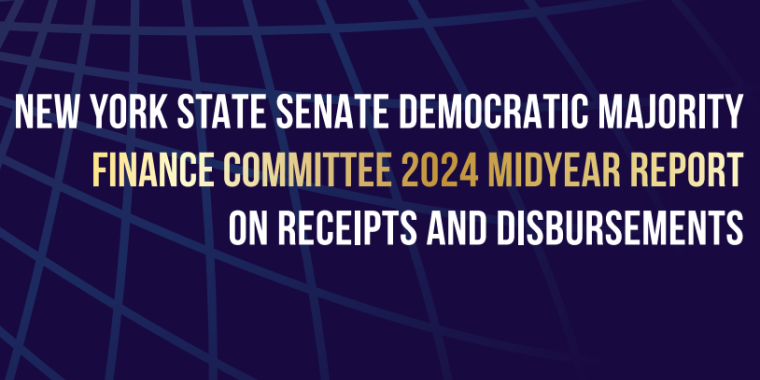
Commentary: It’s About Women’s Health Care, Not Religion
By Ellen Jaffee, Liz Krueger, Teresa Sayward and Andrea Stewart-Cousins
The Obama administration made the right decision when it announced it would protect access to affordable birth control for women, no matter where they work.
Both in its initial decision and in efforts late last week to accommodate religious concerns, the White House has held to a key principle: reproductive health care is legitimate health care, and all Americans have a right to accessible, affordable health care.
It's no secret that women often struggle with the price of birth control. In New York, we've been fortunate — birth control and other reproductive health services have been part of insurance plans here since the passage of the Women's Health and Wellness Act in 2002.
But even in New York, a woman with health insurance could still pay up to $50 a month or more in co-pays for birth control. In many other states, birth control can be excluded from coverage entirely. When we heard one of the benefits in the new national health care law would be coverage of preventive care, including birth control, without co-pays, we were relieved.
The facts on contraception speak for themselves.
Women of all faiths — even Catholics — use birth control. In fact, 98 percent of sexually active Catholic women in the U.S. have used birth control, according to the Guttmacher Institute. A new poll from the Public Religion Research Institute also shows a clear majority of Catholics support requiring employers to provide their employees with health care plans that cover contraception.
Access to affordable birth control is widely supported by the general public. Seventy-one percent of American voters and 77 percent of Catholic women voters support birth control without co-pays.
Birth control is good preventive health care. The Institute of Medicine recommends birth control be covered without co-pays because it is key to improving women's health and the health of families. Increased access to birth control is linked to declines in maternal and infant mortality, among other benefits.
That's why we respectfully disagree with those lobbying the President to deny many women access to the birth control coverage benefit.
Lost in the debate was that even before Obama announced additional religious accommodations last week, the policy had a religious exemption. It was based on New York's religious exemption, which exempts churches, seminaries and other institutions engaged in purely religious activities from having to provide contraceptive coverage to their employees. The institutions not exempted in New York's law are those engaged in secular activities, like hospitals or social service agencies, that may have religious ties but don't just employ those of the same faith. Their employees should not be singled out to forgo coverage purely because of the religious views of their employer.
Under Obama's compromise, these employers could opt out of directly paying insurers to provide contraceptive coverage, but insurers would be required to offer coverage for the omitted services separately, at no additional cost. By working to accommodate religious concerns but sticking to principle on providing affordable care for all women, the President made the right decision.
Assemblywoman Ellen Jaffee, D-Rockland County; Sen. Liz Krueger, D-Manhattan; Assemblywoman Teresa Sayward, R-Essex County; and Sen. Andrea Stewart-Cousins, D-Yonkers, are co-chairs of the New York State Bipartisan Pro-Choice Legislative Caucus.


